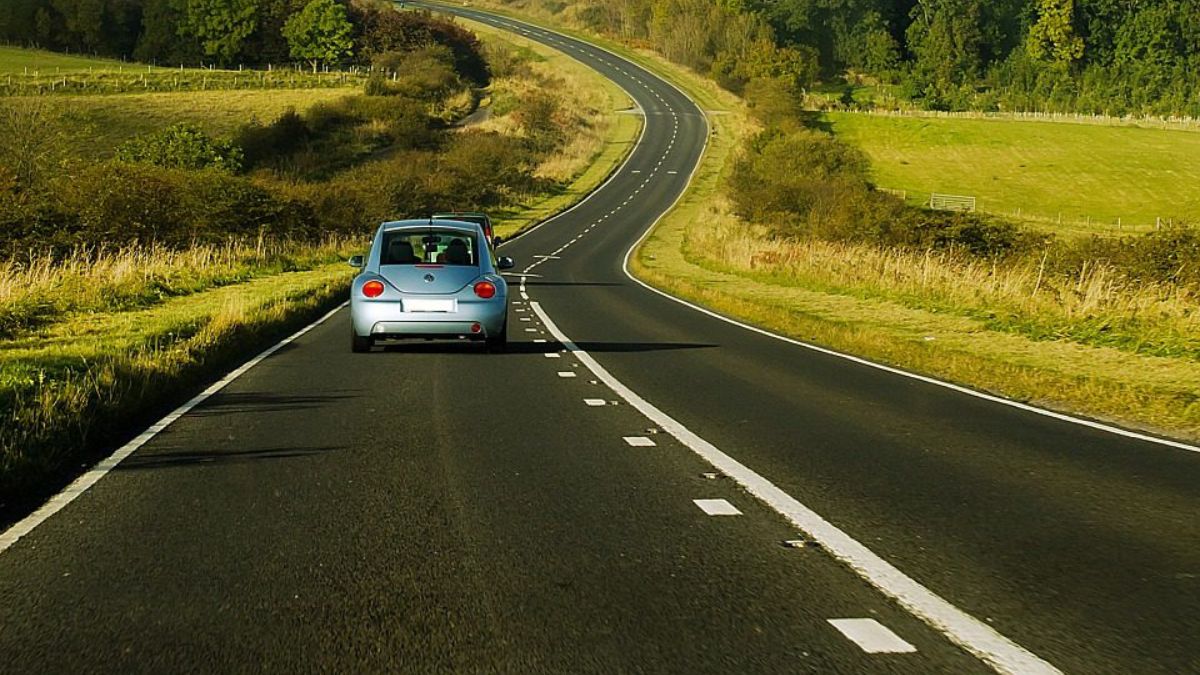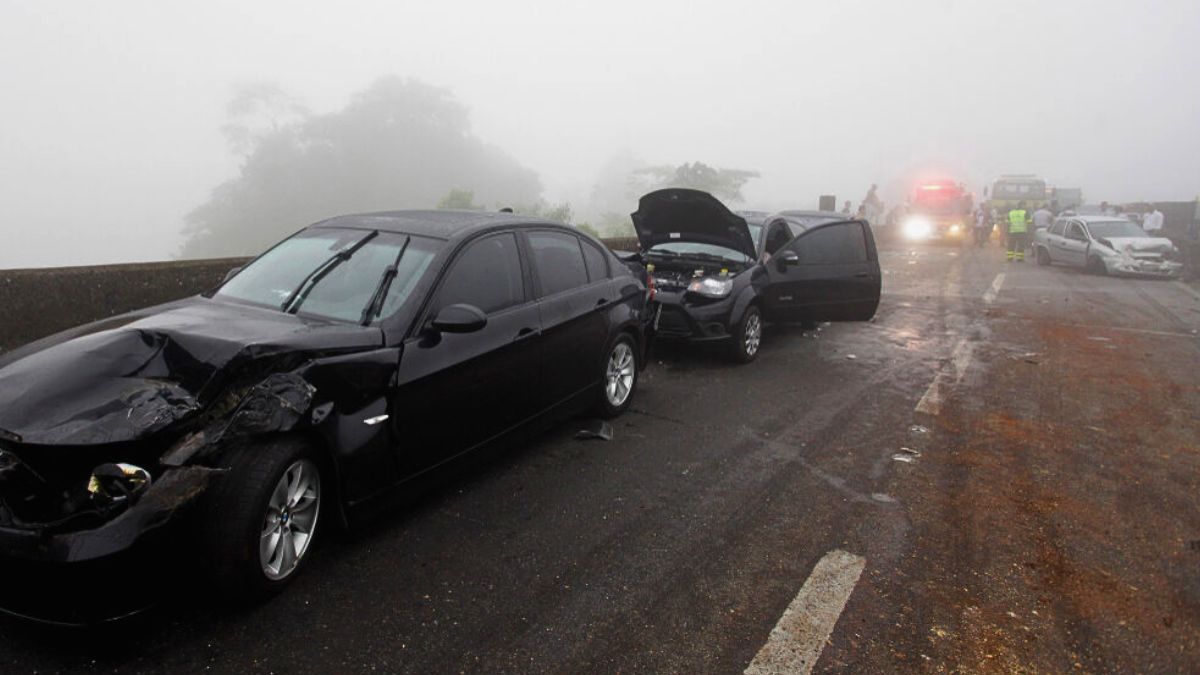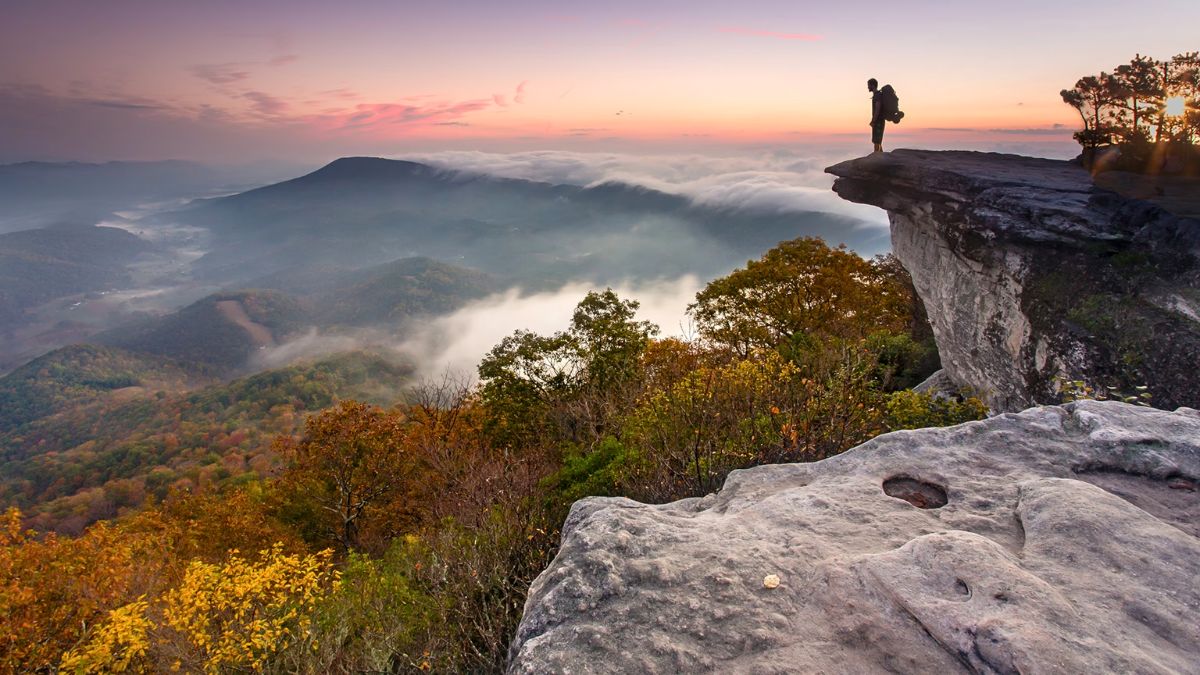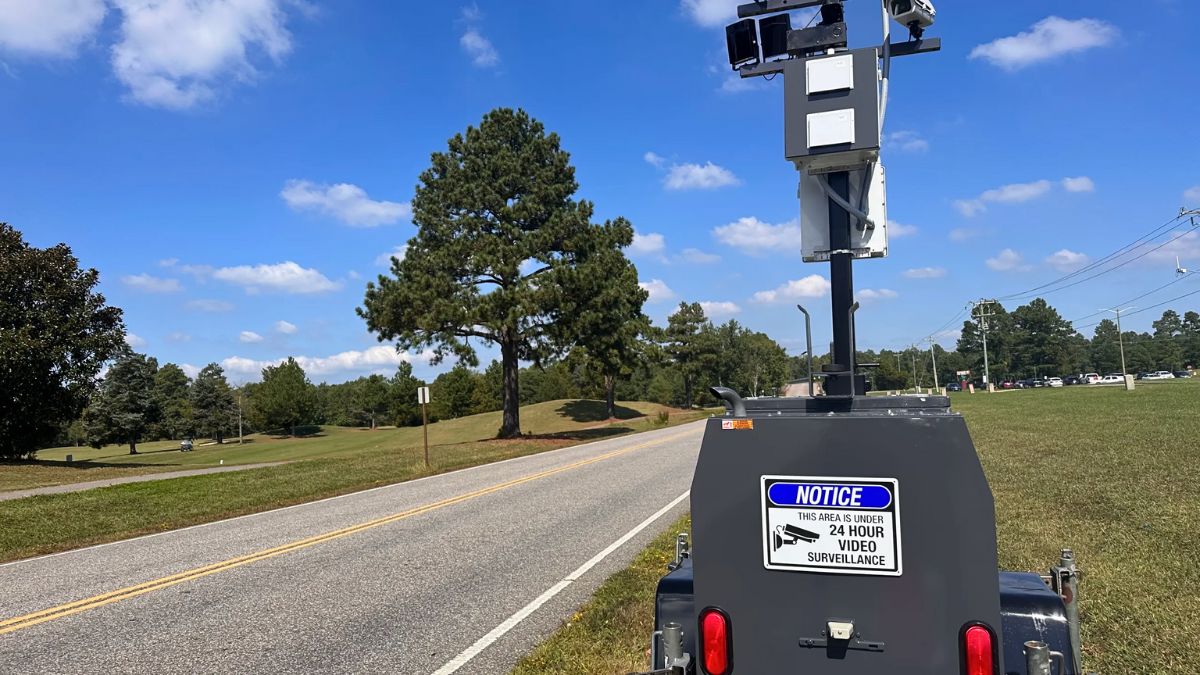Ever been stuck in traffic on a highway that’s “under construction” for what feels like forever? You’re not alone. Road expansion projects—like adding new lanes or widening highways—often take years, sometimes even a decade, to complete. But why? It’s not just slow digging. There’s a lot more going on behind the scenes than most people realize.
Planning
Every road project starts long before the first cone hits the pavement. The planning phase alone can take several years. Engineers, planners, and government agencies have to study traffic patterns, future population growth, environmental impacts, and more. There’s also public input—meetings where communities can speak for or against a project.
This phase involves designing the road, estimating costs, and figuring out how to pay for it. If the money comes from state or federal sources, the project often has to wait in line behind other priorities.
Permits
Once a plan is in place, the red tape kicks in. Road projects need permits from multiple agencies—especially if the route crosses wetlands, rivers, or protected land. These permits cover everything from air quality to wildlife protection.
Getting environmental clearance can sometimes take longer than the construction itself. Agencies want to be sure the project won’t damage ecosystems or displace endangered species, which means lots of studies and paperwork.
Funding
Even with a solid plan and green lights from regulators, roadwork can’t start without money. Funding is often broken into phases, which means a large project might only get enough money to do one part at a time. If tax revenue drops or political priorities shift, the next phase might get delayed for years.
Sometimes states rely on bonds or grants that take time to secure. Other times, construction gets delayed simply because bids from contractors come in too high.
Utilities
Another sneaky reason road expansions drag out is utility relocation. Roads run next to power lines, gas pipes, fiber-optic cables, and water mains. All of that has to be moved before digging begins. Coordinating between utility companies can be a scheduling nightmare.
If a utility line isn’t where it’s supposed to be on the map, it can stall the entire project. And when one delay hits, it often pushes everything else back, like a domino effect.
Construction
Finally, there’s the actual construction—and yes, that takes time too. Crews work in phases: clearing land, building drainage systems, moving dirt, pouring concrete, paving, striping, and more. Weather plays a huge role too. Rain, snow, or extreme temperatures can stop work cold.
Many highway jobs are done while the road stays open, which slows everything down. Crews have to work at night or in smaller segments to avoid shutting down busy lanes during the day.
Here’s a snapshot of what typically stretches a road project timeline:
| Phase | Estimated Time Frame |
|---|---|
| Planning & Design | 2–5 years |
| Environmental Review | 1–3 years |
| Permitting | 6 months–2 years |
| Funding Approval | 1–4 years |
| Utility Relocation | 6 months–2 years |
| Construction | 2–6 years (varies widely) |
Delays
And then there are the unexpected delays—weather, labor shortages, lawsuits, or archaeological discoveries (yes, that happens). These can throw off schedules by months or even years.
Also, as projects stretch out, inflation can raise costs. That forces engineers to revisit budgets or redesign parts to stay within limits, which adds even more time.
Road expansions are like giant puzzles with thousands of moving pieces, and one missing piece can throw the whole thing off track. So next time you drive by a construction site that seems frozen in time, just know—there’s a whole lot going on beyond the cones.
FAQs
Why does road planning take years?
Planning involves studies, approvals, and community input.
What causes funding delays?
Funding depends on budgets, grants, and economic shifts.
Do utilities slow construction?
Yes, relocating gas, water, and power lines takes time.
How does weather affect roadwork?
Rain, snow, or heat can delay or halt construction.
Can public opinion delay projects?
Yes, opposition or lawsuits can stall road expansions.

















